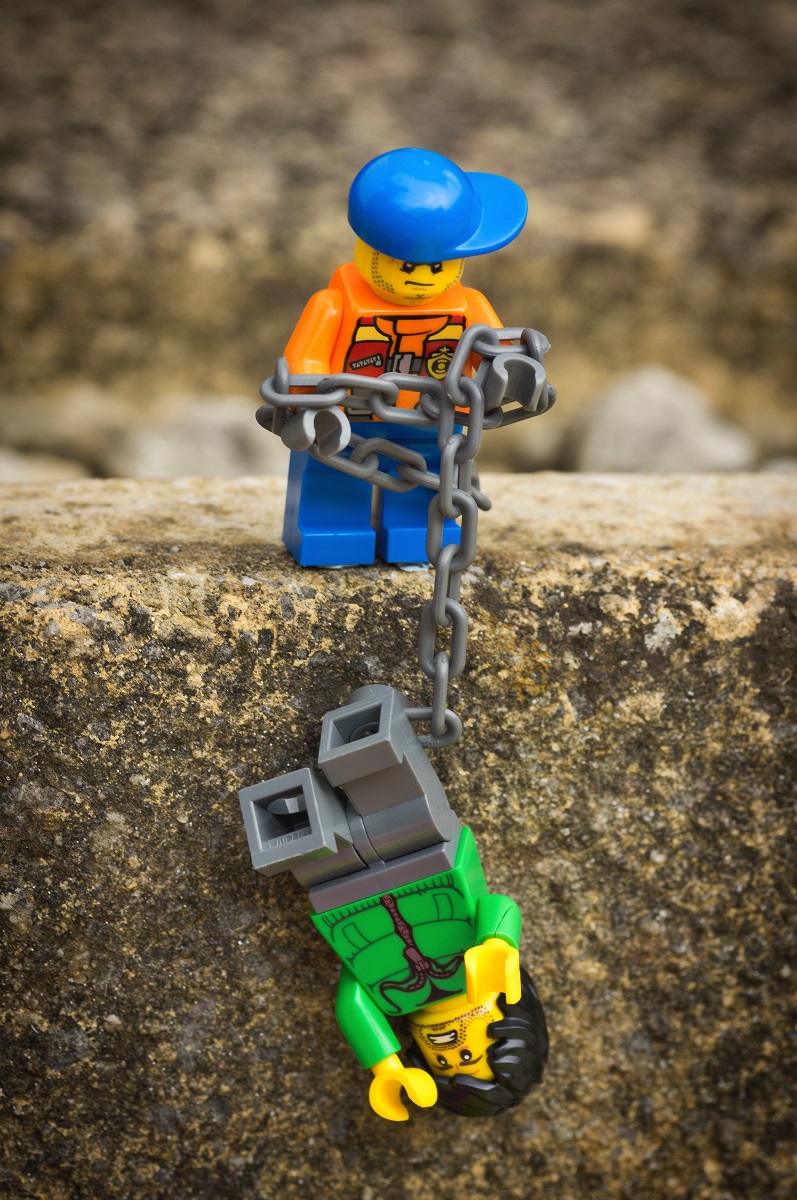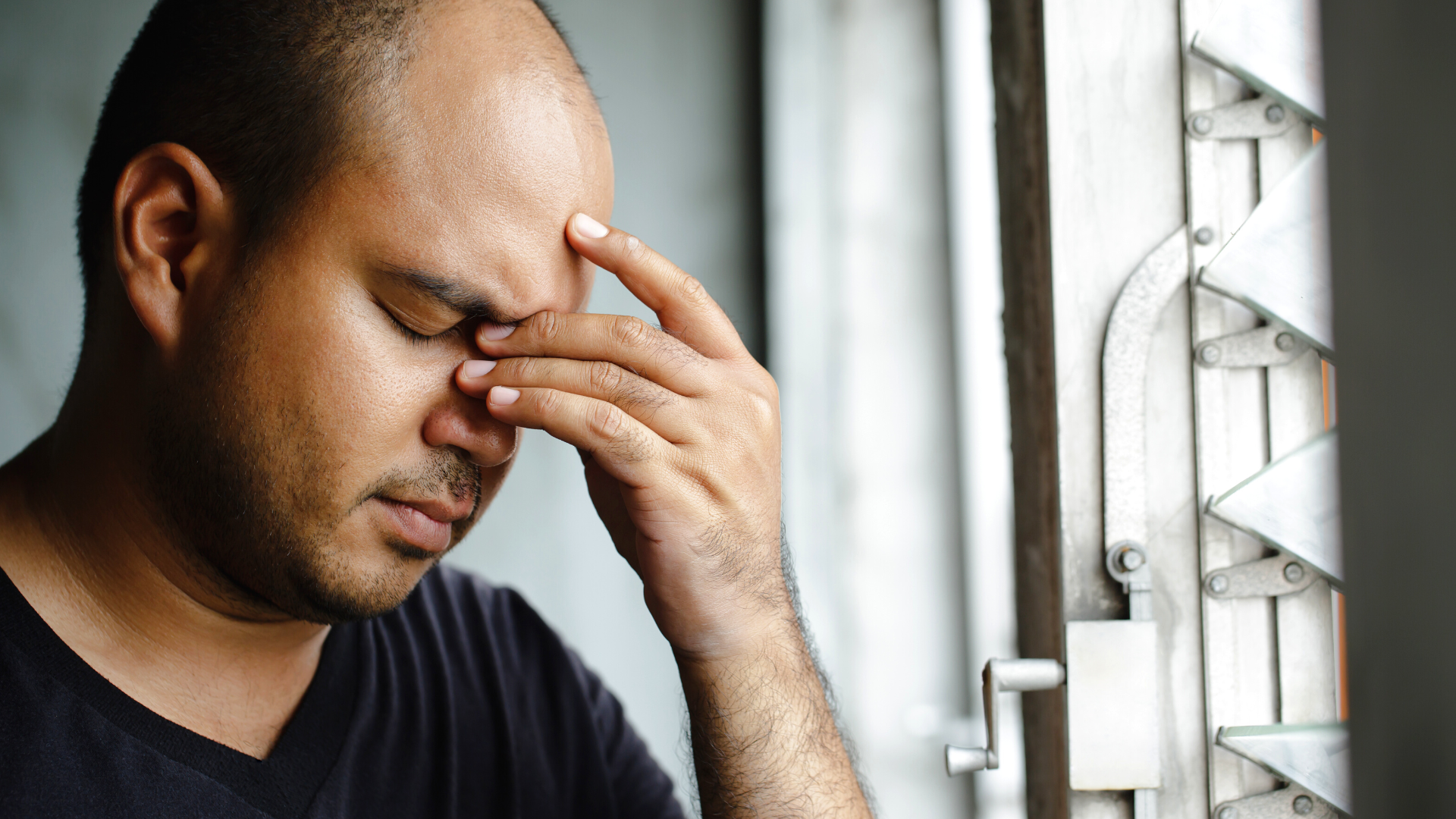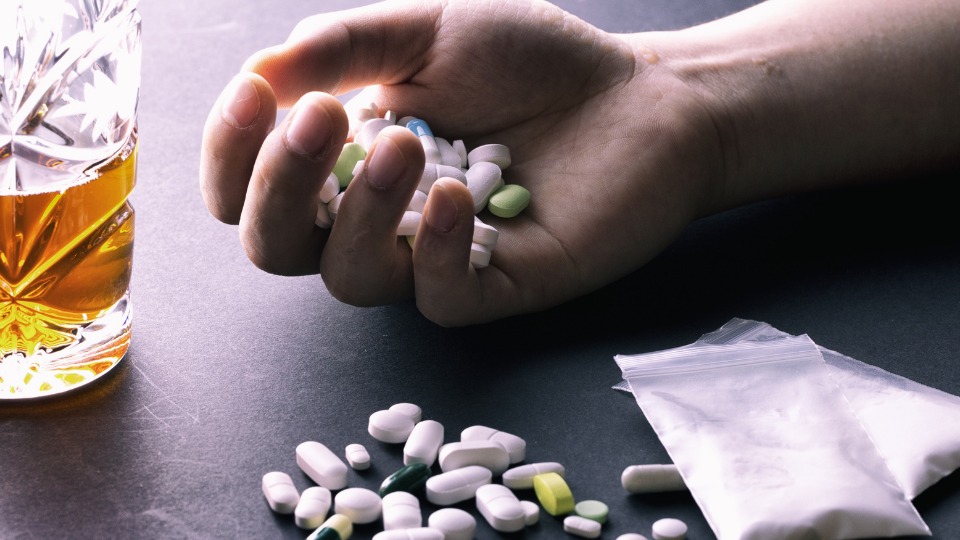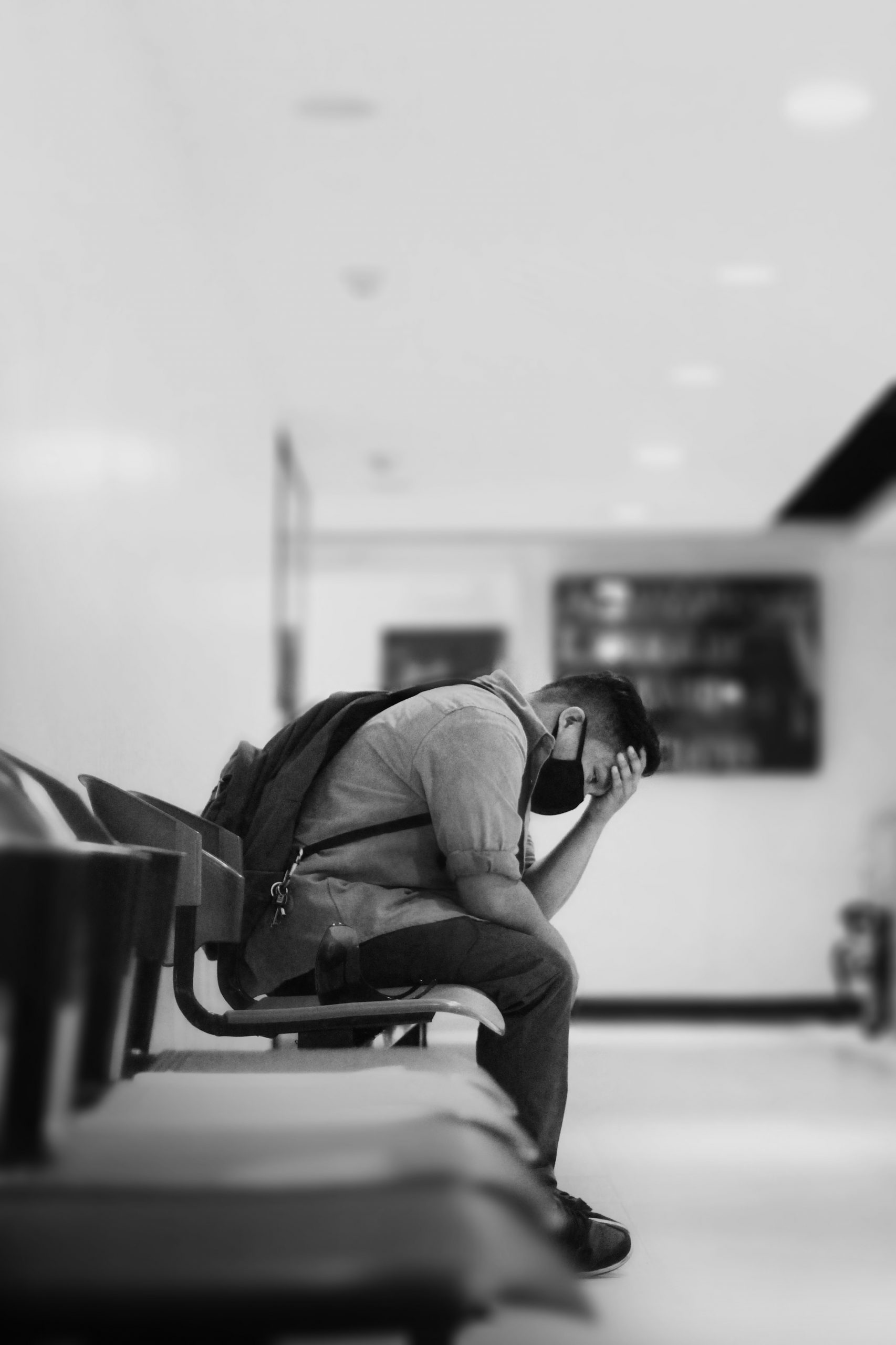If you’re on the road to sobriety, you’re also on a path of healing. And it’s not just about healing yourself. If you’ve struggled with addiction, there will be casualties.
The good news is that you’re on the right path, and everyone can begin healing. One of your goals in recovery may be to improve personal relationships. It’s a common goal and a great way to help you work through any feelings of guilt and shame.
Here are some tips for reconnecting with those you hurt while you were addicted.
Set realistic expectations
When you’re newly sober, it’s natural to want to start fixing all the broken areas of your life. Many people quickly jump to healing damaged relationships, but you may want to hold off on this. To avoid further damage, focus on yourself first.
When you feel confident in your sobriety, you can start reaching out to those you’ve hurt. But it’s crucial that you set realistic expectations. Once it’s broken, trust is difficult to repair.
Depending on the relationship and the level of damage, it may take years to repair the relationship. Don’t be offended or give up too easily. This is a marathon and not a race.
First learn how to reconnect
Your instincts may tell you to reach out and apologize. That’s a great first step, but what comes next? Before you open a can of worms, make sure you know how to handle it.
The most important thing you can learn before reconnecting is how to listen. You may know what you’ve done, but you don’t know it affected someone else.
Through professional counseling, you can work through unhealthy communication habits like using a negative tone or manipulation tactics.
When your loved ones feel heard, they’re more likely to open up and reconnect with you.
Know when to let go
You may not be able to heal every relationship, and that’s okay. Sometimes, the damage is irreparable. Just remember that it’s not up to you to decide whether someone else should forgive you. Everyone is different and processes things in their own way.
Someone you hurt deeply may forgive you while someone else may not. Trust and forgiveness are very individual things that we cannot impose on others.
Do your best to demonstrate that you’ve changed, and then leave it up to the other person. If they still aren’t receptive, it may be time to give them some space. Either they will come around or they won’t, but that’s their choice.
Stop apologizing
Although apologies are a crucial part of the healing process, avoid overdoing it. Whenever you apologize, you’re reopening the wound for the other person. If you want them to see you as a different person, you must give them a chance to do so.
This means that you should stop drudging up the past with apologies. Once you have given your sincere apology, try to start moving forward.
Your loved one may bring up issues from the past, and that’s okay. This is a great time to practice your listening skills. Acknowledge their feelings and reassure them that you are now a different person. You’re on the road to sobriety and finally free to make better choices.
Eliminate toxicity
Regardless of whether someone welcomes you back into their lives, you’ll find that some people are simply toxic to your wellbeing. If you find that being around someone makes you want to reach for a drink or your drug of choice, you may need to sever ties with this person.
This can be a difficult step, but it’s crucial to your sobriety, and so it’s crucial to maintaining your healthy relationships.
Seek family counseling
Oftentimes, the people we hurt most are closest to us. For many of us, this means family. It could be a spouse, parents, children or aunts and uncles. If you find this is the case, you may want to consider family counseling.
Through rehabilitation, you will learn to heal from your past traumas. Your loved ones must also learn to heal from the trauma of your addiction. If you don’t have access to counseling, encourage your loved ones to attend support groups for families of alcoholics and addicts. Nar-Anon and Al-Anon are two groups that are available throughout the country. Check their respective websites for more information on local support.
The road to sobriety is a long one, and it’s important to remember that you’re not walking it alone. Your loved ones are also healing from damage, and your relationships will take some time to repair. With time, effort and patience, you may find that some relationships become even stronger in the post-recovery stage.
Photo by Philip Veater on Unsplash




